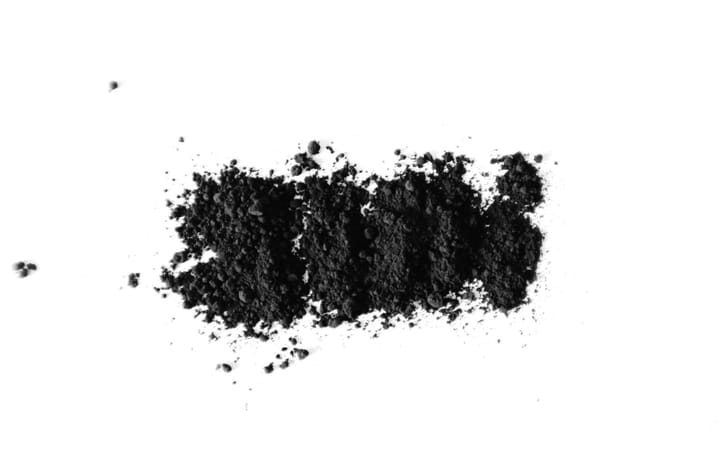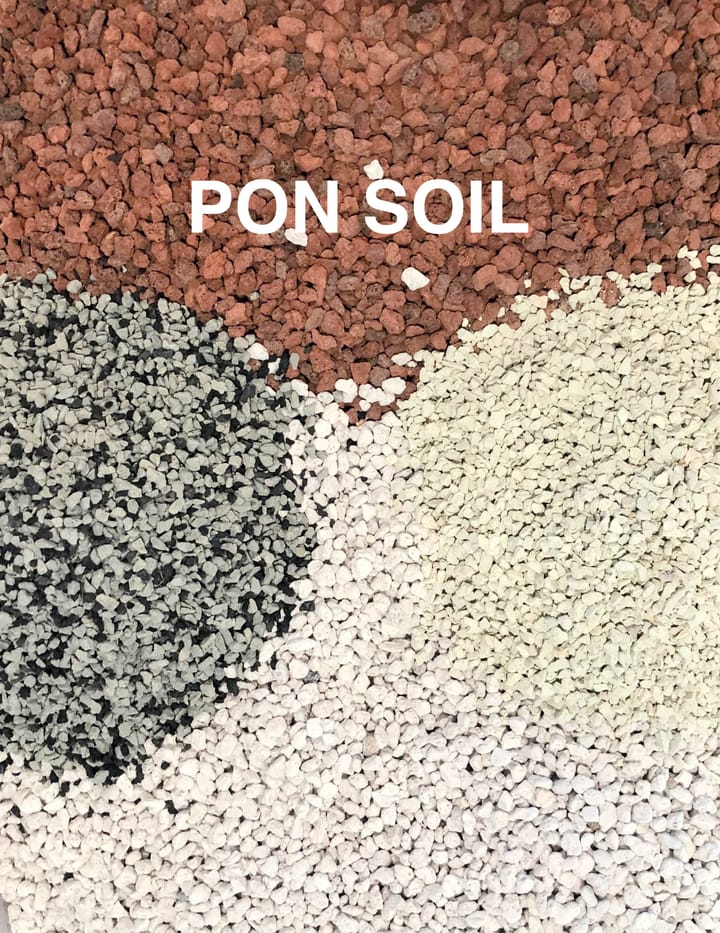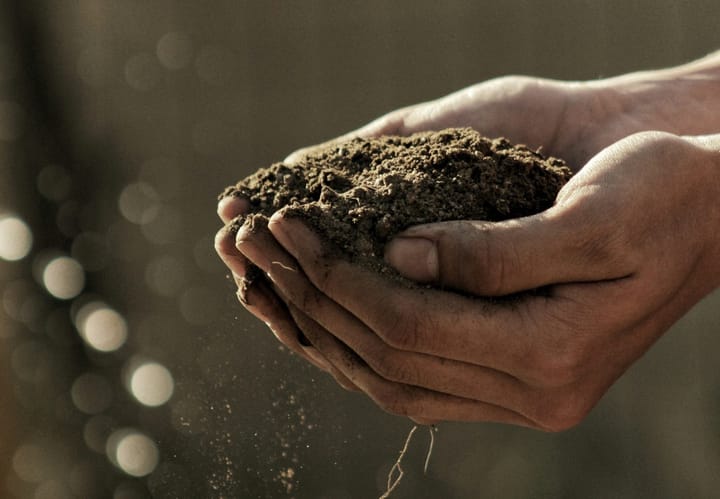Types of Garden Mulch
Garden mulch is essential for maintaining a healthy and attractive outdoor space. By choosing the right type of mulch, you can enhance soil quality, retain moisture, and suppress weeds, ultimately contributing to the flourishing of your plants.
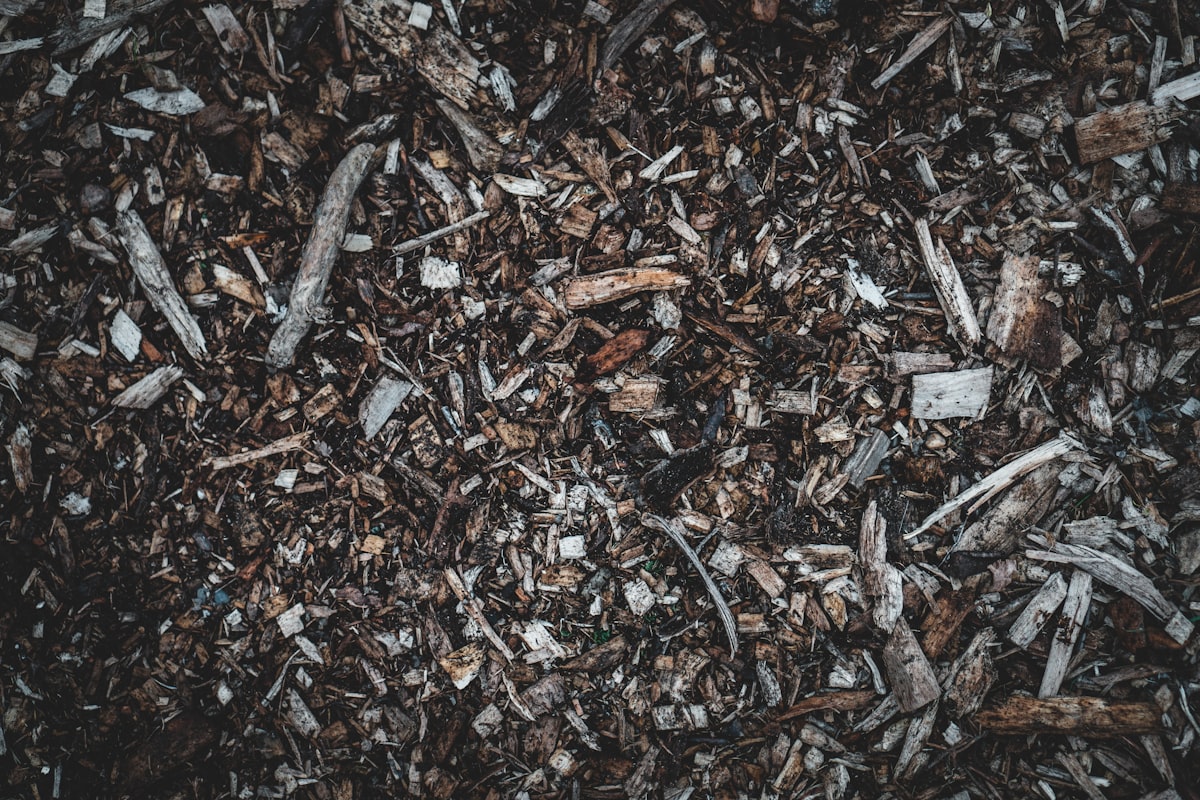
A wide variety of mulches are available, each with its own benefits and applications.
Organic mulches like chopped leaves, grass clippings, and wood chips contribute nutrients to the soil as they decompose.
At the same time, inorganic options like gravel and rubber offer long-lasting durability and weed suppression.
Experimenting with different types of mulch can help you find the perfect fit for your specific garden needs.
Understanding Mulch
Garden mulch is a versatile material that improves the health and appearance of your garden.
Mulches come in various materials, including organic and inorganic options.
Organic mulches, such as hardwood and softwood chips, bark, evergreen needles, leaves, grass clippings, and compost, break down over time and enrich the soil.
Inorganic mulches, like gravel and recycled rubber, are more durable and often used for decorative purposes.
Mulch serves several essential functions in your garden.
It helps retain moisture in the soil, suppresses weeds, keeps plant roots cool, prevents frost heaving in winter, and enhances the overall look of your garden beds and landscape.
By choosing the appropriate type of mulch for your garden's needs, you can provide optimal conditions for your plants to thrive.
Why Use Mulch
Incorporating mulch into your garden plays a crucial role in suppressing weeds, maintaining soil moisture, and protecting the roots of your plants.
They act as a barrier that blocks sunlight and prevents the germination of weed seeds, thus eliminating competition for nutrients and water.
Mulch also conserves water and promotes soil health by reducing evaporation and minimizing erosion.
As the organic mulch decomposes, it releases essential nutrients such as nitrogen, improving soil fertility, promoting aeration, and boosting drainage, ultimately leading to better overall garden health.
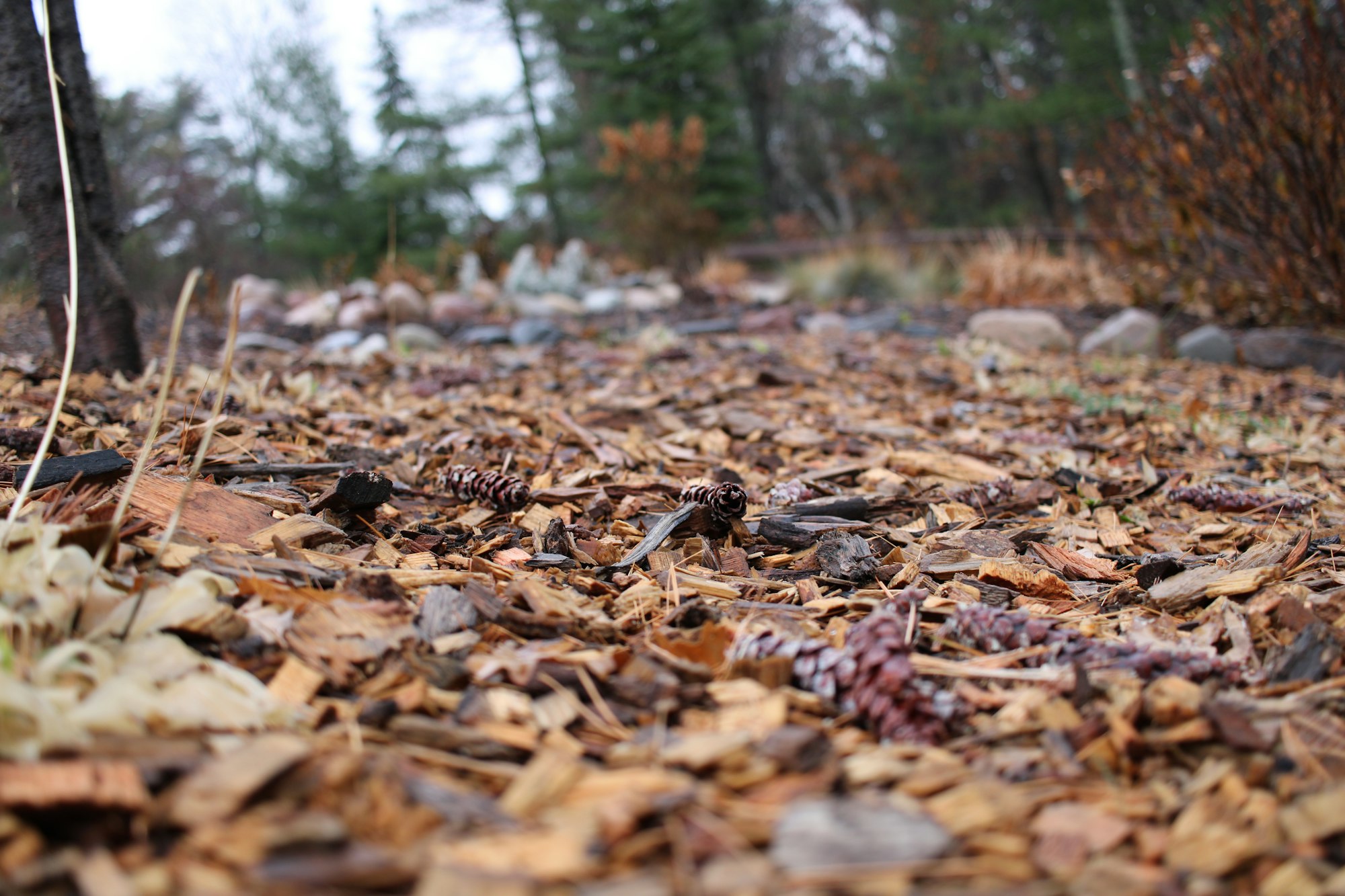
Organic vs. Inorganic Mulch
When choosing garden mulch, you'll come across two main types: organic and inorganic.
Organic mulch consists of natural materials, often shredded into small particles, which break down over time and release nutrients into the soil.
Some common organic mulches include wood chips, bark, leaves, grass clippings, and compost.
In contrast, inorganic mulch is made from non-biodegradable materials and doesn't break down or enrich the soil.
Examples of inorganic mulches are stones, gravel, rubber, and plastic sheeting. These mulches primarily suppress weeds, regulate soil temperature, and retain moisture.
The choice between organic and inorganic mulch will depend on your gardening goals and the specific needs of your plants.
Types of Organic Mulch
Wood-Based Mulches
Wood-based mulches are popular options for gardeners, as they offer a variety of benefits for your plants.
Some common forms of wood mulch include wood chips, bark, and shredded bark.
These materials help retain moisture, regulate soil temperature, suppress weeds, and decompose slowly, releasing nutrients into the soil.
Another wood-based option is wood chip mulch, which can be made from various sources like tree trimmings and leftover lumber.
This mulch provides a natural-looking coverage, improves soil structure, and supports beneficial microorganisms.
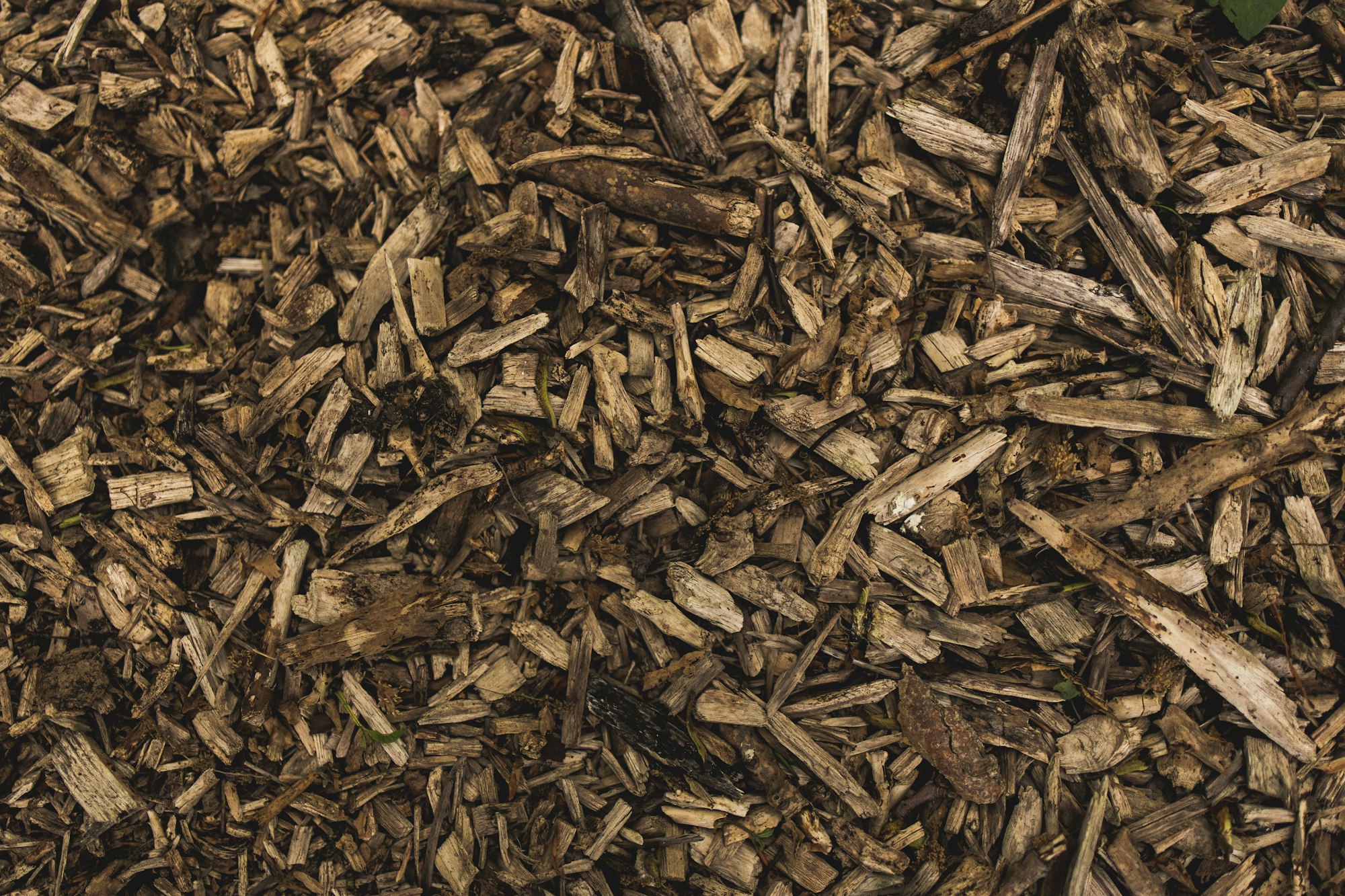
Leaf and Straw Mulches
Often made from shredded leaves, leaf mulch is an excellent choice for insulating plants and soil during colder months.
Additionally, as the leaves break down, they release valuable nutrients into the soil, benefiting your plants.
Similarly, straw mulch can help retain moisture, prevent soil erosion, and suppress weed growth.
Another option for organic mulch is grass clippings, which can be used as a nitrogen-rich alternative to compost.
When appropriately used, grass clippings can help improve soil structure and gradually release essential nutrients for plant growth.
Remember to allow the clippings to dry before applying them to your garden to avoid mold and odor issues.
Types of Inorganic Mulch
Stone and Rock Mulches
Stone and rock mulches, such as river rocks or gravel, are durable and do not decompose.
They are excellent for controlling weeds and regulating soil temperature in areas with low rainfall.
Use a landscaping fabric underneath to reduce weed growth and tidy the rocks.
Synthetic Mulches
Synthetic mulches can be made from rubber, plastic, or landscape fabrics.
Rubber mulch, often made from recycled tires, provides a cushioned surface for playgrounds while slowly breaking down over time.
Meanwhile, black plastic mulches effectively control garden weeds and help retain soil moisture.
On the other hand, landscape fabrics allow water and air to pass through but prevent weeds from growing, making them ideal for use under stone or rock mulches.
Remember to be cautious with disposing and recycling synthetic mulches to reduce environmental impact.
Selecting the Best Mulch
When selecting the best mulch for your gardening needs, consider the type of plants you're working with and your budget.
Organic mulches, such as chopped leaves, straw, grass clippings, compost, wood chips, shredded bark, and pine needles, are ideal for vegetable gardens and flower beds, as they break down and enrich the soil over time.
For landscaping purposes, consider both organic and inorganic mulches.
Inorganic mulches, like gravel or rubber, may have a higher initial cost, but they are low-maintenance and can be a better choice for pathways or areas where plant growth is not desired.
Ultimately, select the option that best balances cost, aesthetics, and the needs of your plants and landscape.
Mulching Around Plants
When mulching around trees, shrubs, flowers, and vegetables, remember to keep the mulch about 6 to 12 inches away from the base of woody plants to prevent rot and wood-boring insects from affecting the plant.
Applying a 2 to 4-inch deep layer of mulch for plant roots can help retain moisture, suppress weeds, and regulate soil temperature.
An ideal type of mulch for flowers and vegetables is organic mulch, which includes chopped leaves, straw, grass clippings, compost, wood chips, shredded bark, and cocoa bean hulls.
A lighter layer of mulch may be more suitable when using mulch around seeds, as it allows seedlings to push through with less obstruction.
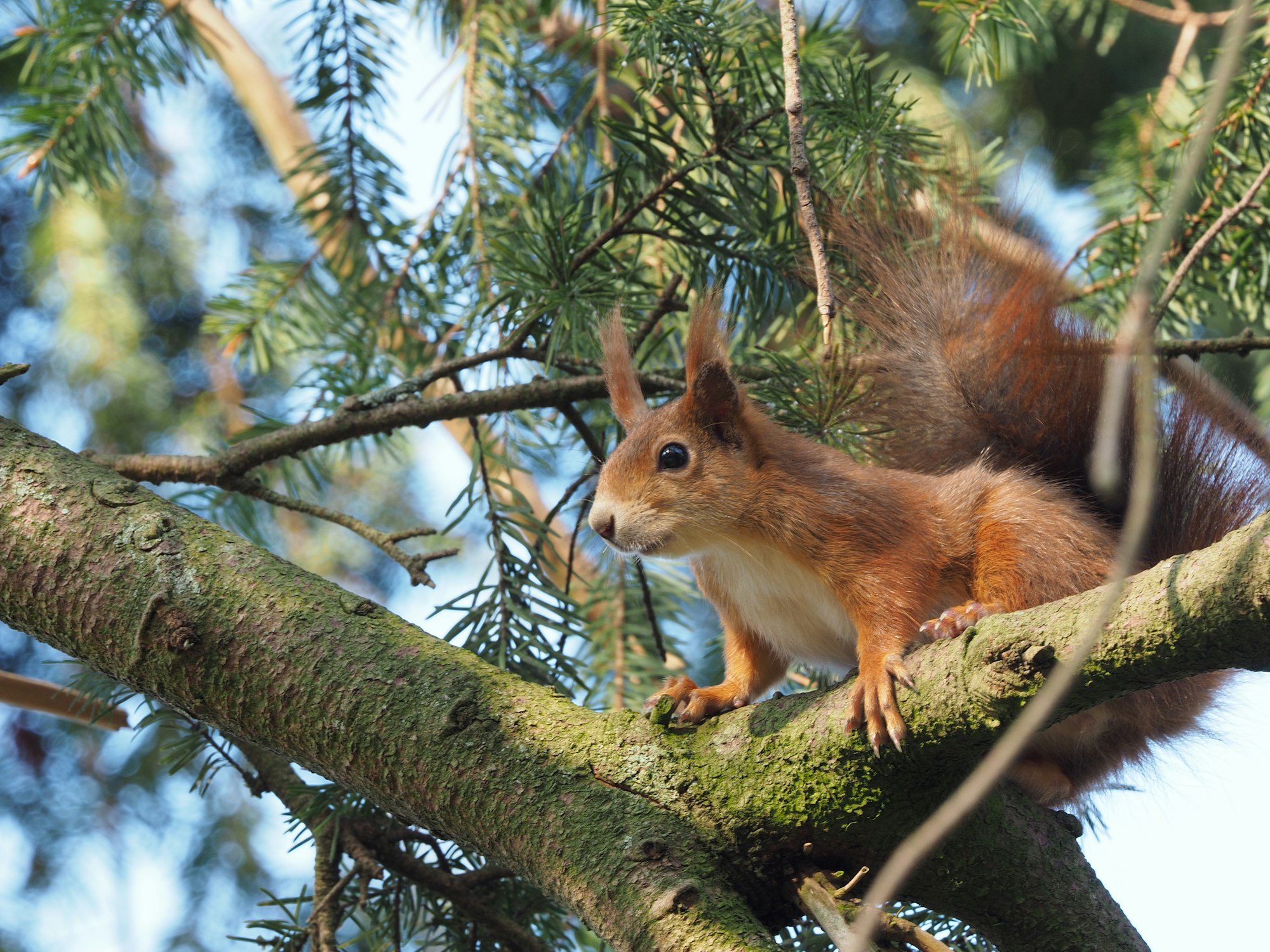
Effects on Animals and Pests
When choosing garden mulch, it's essential to consider how it might affect animals and pests.
Some mulch types can benefit wildlife and pets, while others might attract undesirable insects.
Organic mulch, like bark or wood products, can provide a comfortable habitat for various creatures, cats, dogs, or native insects.
Moreover, keeping mulch 6 to 12 inches away from the base of woody plants can prevent rot, wood-boring insects, and gnawing rodents from causing damage.
However, be aware that some bugs like roaches, termites, carpenter ants, and earwigs might also be drawn to the mulch, potentially damaging your garden or home.
With thoughtful use of mulch, you can help conserve soil moisture, reduce erosion, and even curb the spread of diseases—all while protecting the environment for wildlife and your beloved pets.
Additional Benefits of Mulch
Mulch offers various benefits for your garden, including improving soil structure and providing a lightweight layer of protection.
Adding organic mulch to your garden can enhance the soil's texture, allowing it to retain moisture and nutrients more efficiently.
Decorative mulch helps to create an attractive and well-maintained appearance in your garden while suppressing weed growth and regulating soil temperature.
Additionally, various types of mulch can improve your garden's visual appeal, making it an essential tool for both function and aesthetics.
Frequently Asked Questions
What are the most effective mulch options for vegetable gardens?
Organic mulches are highly recommended for vegetable gardens, like chopped leaves, straw, and compost. These materials decompose, adding nutrients to the soil over time and aiding in moisture retention.
Which type of wood mulch is best for trees and shrubs?
Shredded bark and wood chips are popular as mulch for trees and shrubs. They help conserve moisture, insulate roots, and suppress weeds more effectively than other mulch types.
How do mulch colors impact the garden?
Mulch colors can affect the temperature of the soil. Darker colors, like black and brown, absorb more sunlight and heat, while lighter colors, such as light brown and natural shades, reflect sunlight, keeping soil cooler. Choose the color based on your plants' requirements.
What is the optimal mulch for flower beds?
Shredded bark, bark chips, and leaf mulch are excellent for flower beds since they help maintain soil moisture, suppress weeds, and regulate soil temperature. Organic materials are best as they enrich the soil over time.
How does organic mulch differ from other types?
Organic mulches are derived from once-living materials like wood chips, leaves, and straw, which break down and improve soil quality over time. Inorganic mulches, such as stones and rubber, don't enhance soil quality but can still suppress weeds and help with temperature regulation.
What role does compost play in mulching a garden?
Compost can be used as a natural, nutrient-rich mulch that benefits the garden by improving soil structure, enhancing moisture retention, and providing nutrients to plants as they break down. It's a versatile, environmentally friendly mulching option.
Can you use mulch for container plants?
Yes, you can use mulch for container plants. Just be cautious not to pile it too high around stems. Mulching containers help prevent soil compaction, retain moisture, and protect plant roots from extreme temperatures.
